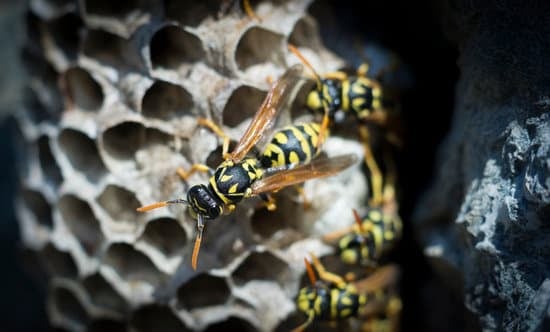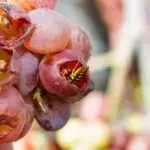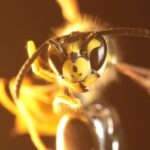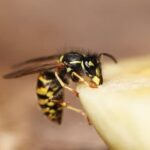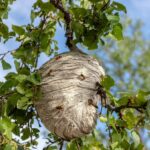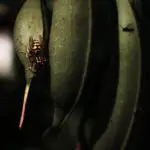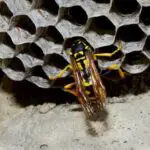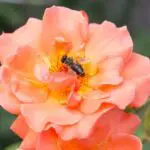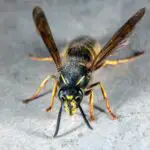Wasps in Your Garden
During the summer, wasp colonies begin to grow rapidly. Their colonies are usually made up of thousands of workers. They build their nests in trees, attics, and even underground. Wasps are known for their careful exploration of structures. They are also known for stinging. However, most wasp species are harmless.
Wasps also help to control pests in your garden. They hunt and feed on caterpillars, flies, and other insects. They also pollinate flowers. They are important beneficial predators.
Wasps have many different colors, including black, white, orange, and red. Wasps can be quite annoying during the summer, especially if they invade your garden. In addition to being a pest, wasps can also cause allergic reactions. You can find more information on wasps in the Insects and other Arthropods section of this website.
Wasp colonies also die out during the winter. Workers tend to die off in the winter, and the queens hibernate. However, more and more social wasp queens are surviving the winter.
The CDC reported that over the past 12 years, there were over 1,100 deaths from wasp stings. This year, pest-control companies claim that their call-outs for “wasp interventions” are up 20-30%. They also say that the number of wasp nests is larger this year.
This year’s wasp population has increased due to warmer temperatures. Warm weather has made it easier for queens to lay eggs and find a safe place to hibernate. It has also made it easier for fruit to ripen, which means more wasps in your garden.
